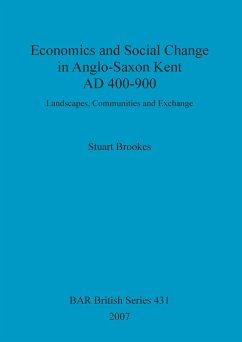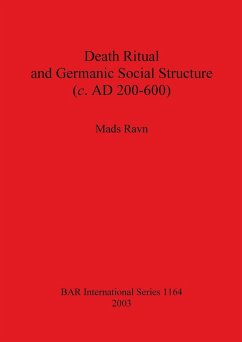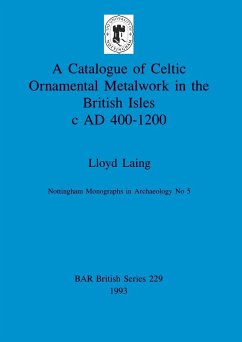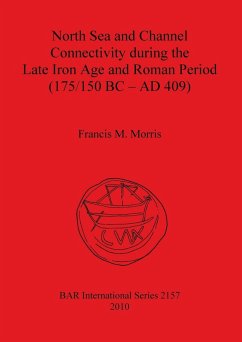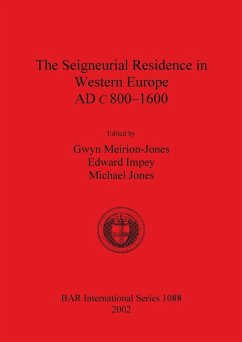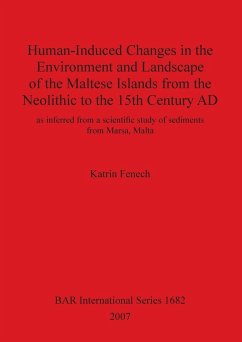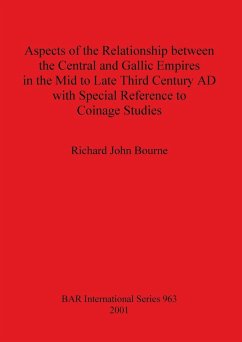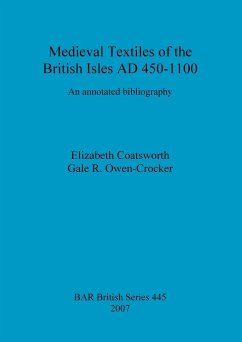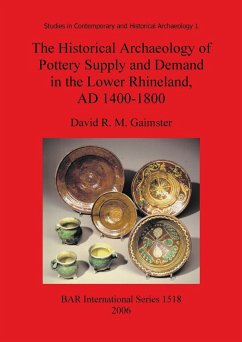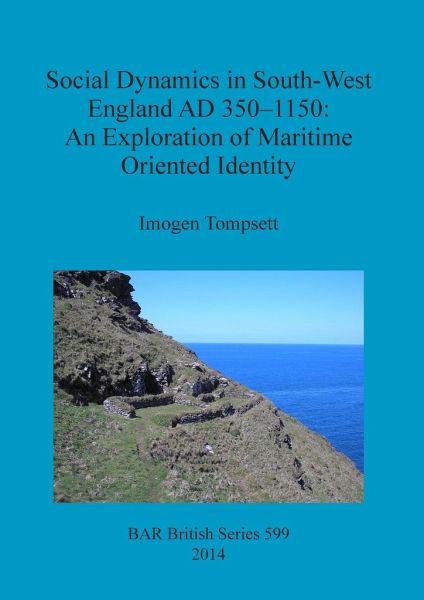
Social Dynamics in South-West England AD 350-1150
An Exploration of Maritime Oriented Identity
Versandkostenfrei!
Versandfertig in 1-2 Wochen
113,99 €
inkl. MwSt.

PAYBACK Punkte
57 °P sammeln!
This research investigates the development of early medieval identities in the South West, through continuity and change in the insular material culture, the settlements, and ultimately in social identity. These cycles of change, brought about by influences within and outside the region, are evidenced through regional (macro-scale) and micro-regional (site-specific) assessments of the evidence. An overriding sense of long-term continuity is perceived in the ability of these insular identities to retain former traditions and develop their material culture, despite the apparent political dominat...
This research investigates the development of early medieval identities in the South West, through continuity and change in the insular material culture, the settlements, and ultimately in social identity. These cycles of change, brought about by influences within and outside the region, are evidenced through regional (macro-scale) and micro-regional (site-specific) assessments of the evidence. An overriding sense of long-term continuity is perceived in the ability of these insular identities to retain former traditions and develop their material culture, despite the apparent political domination by far-reaching social groups in the Anglo-Saxon and Norman periods. These traditions consist of all social practices and portable material culture, including the ceramics which make up a large proportion of these finds, and where an examination of developments in form and fabric have created a chronological framework that is more sympathetic to the archaeology of the region than the accepted broad periods of Early, Middle and Late Saxon, and which perhaps reflects a more accurate picture of social changes through time. The retention of prehistoric and Late Roman practices, in particular the former, is seen throughout all aspects of the archaeological evidence and is examined here through the themes of settlement hierarchies, exchange mechanisms and identity, and their spatial differentiation, with geographical determinism a deciding factor in the form and nature of communities. The project explores the development of Late Roman societies in an assessment of the impact of geographical determinism on identity, and the potential development of Atlantic and maritime identities within society as a whole.





